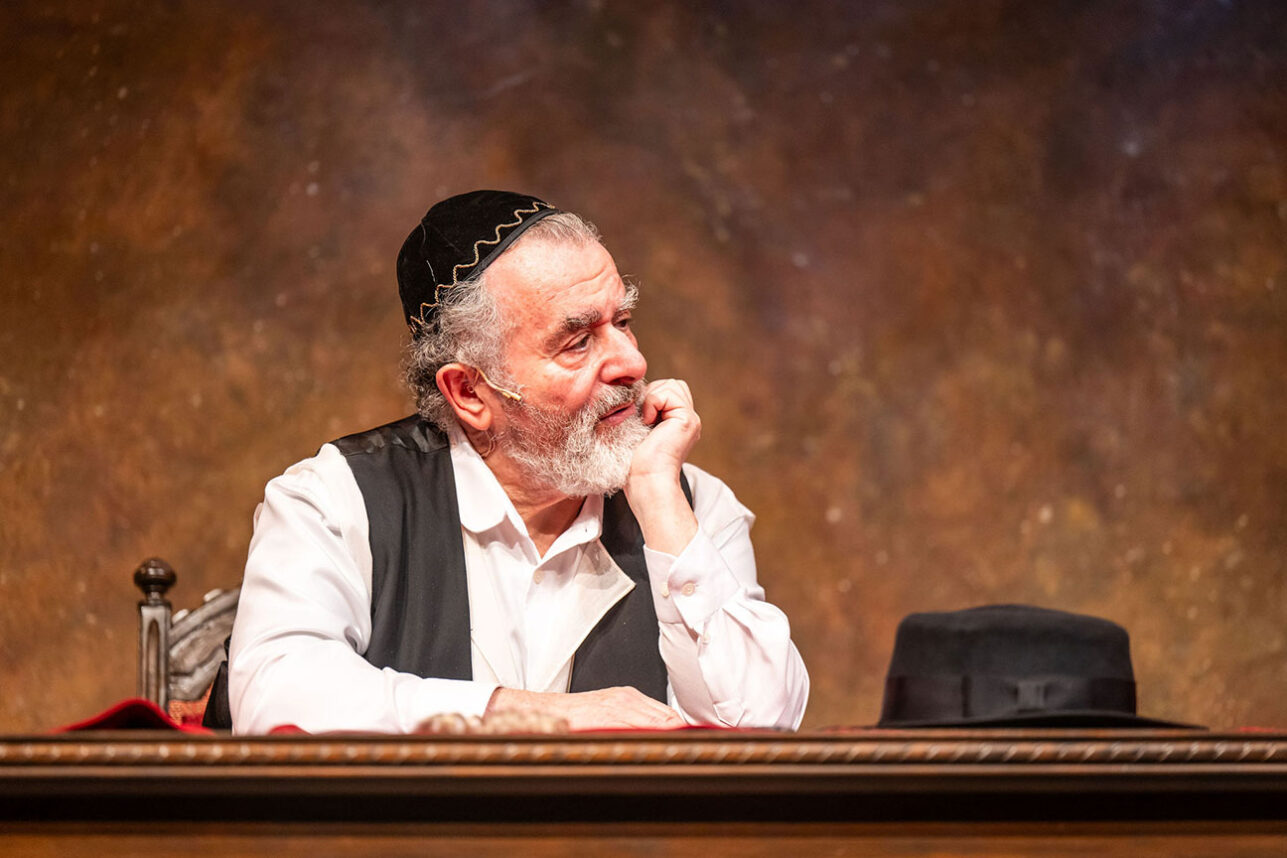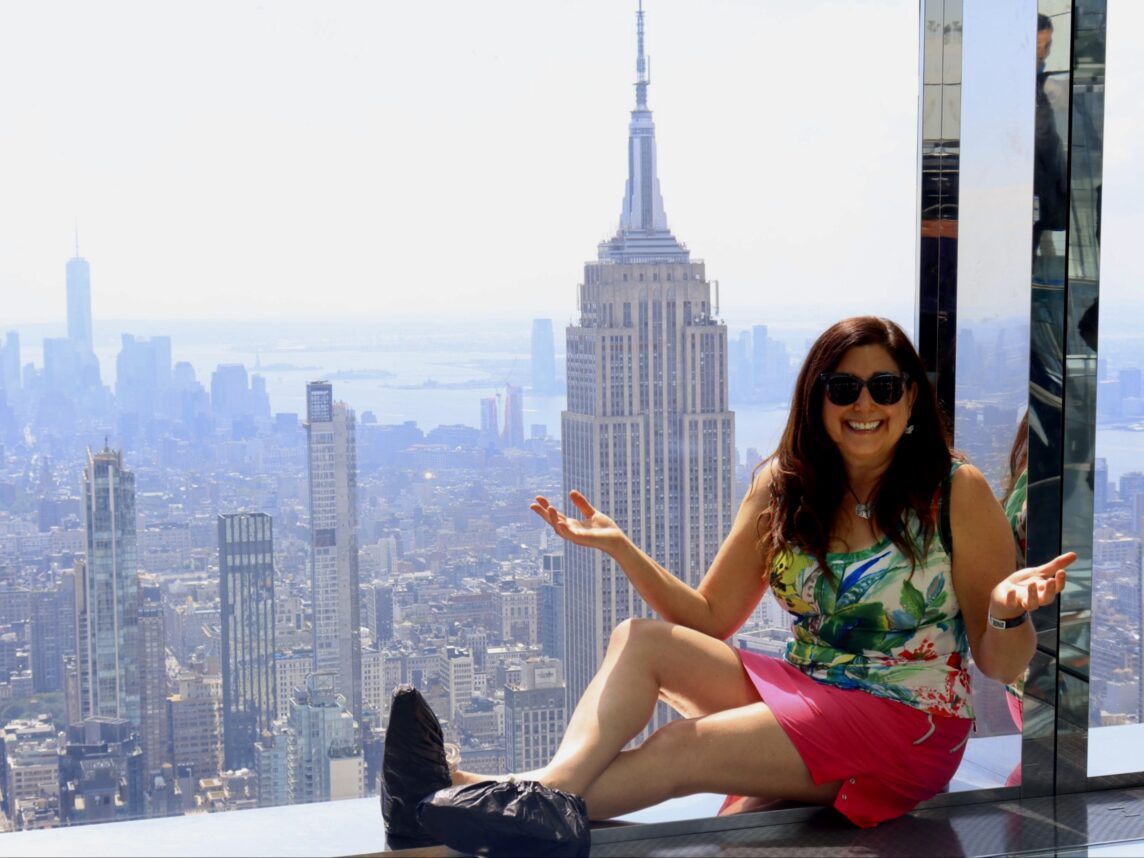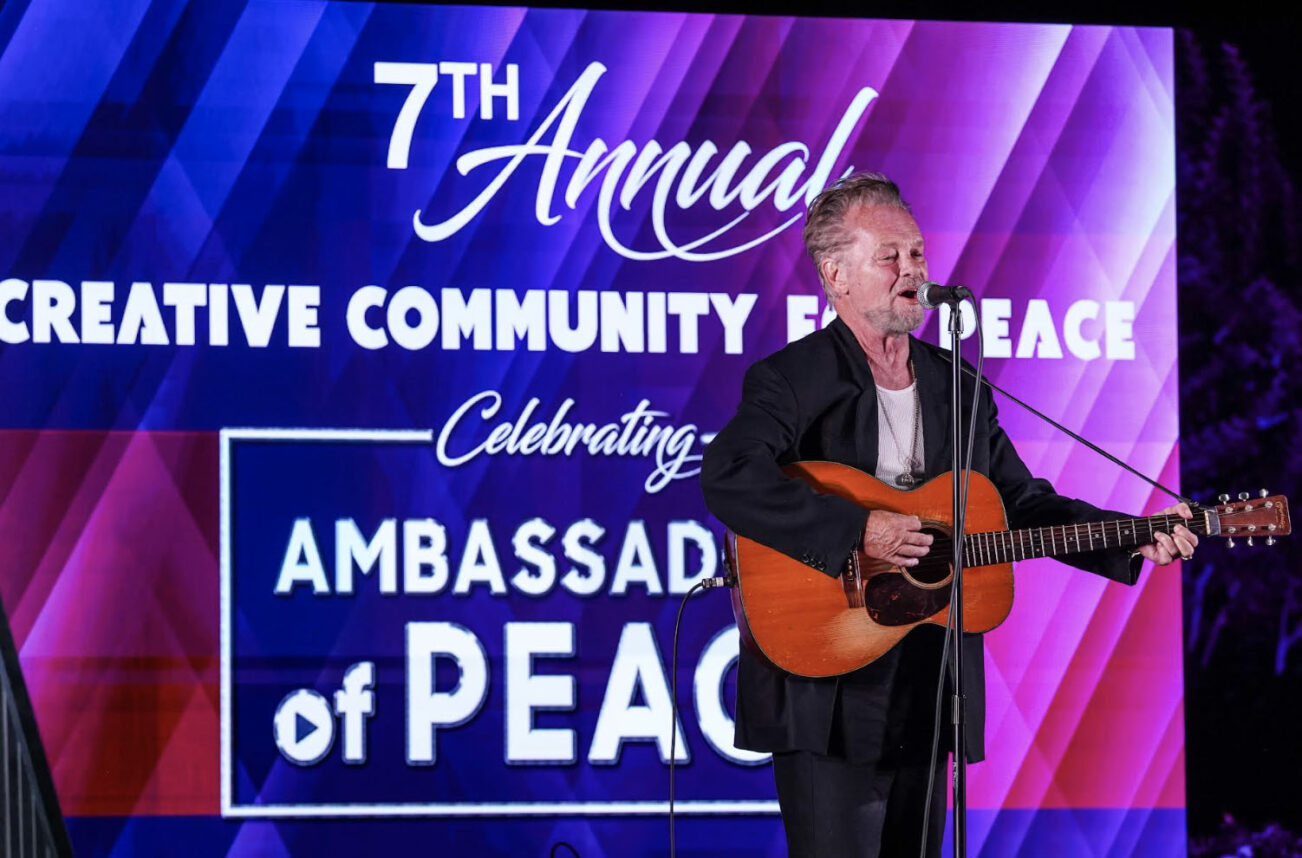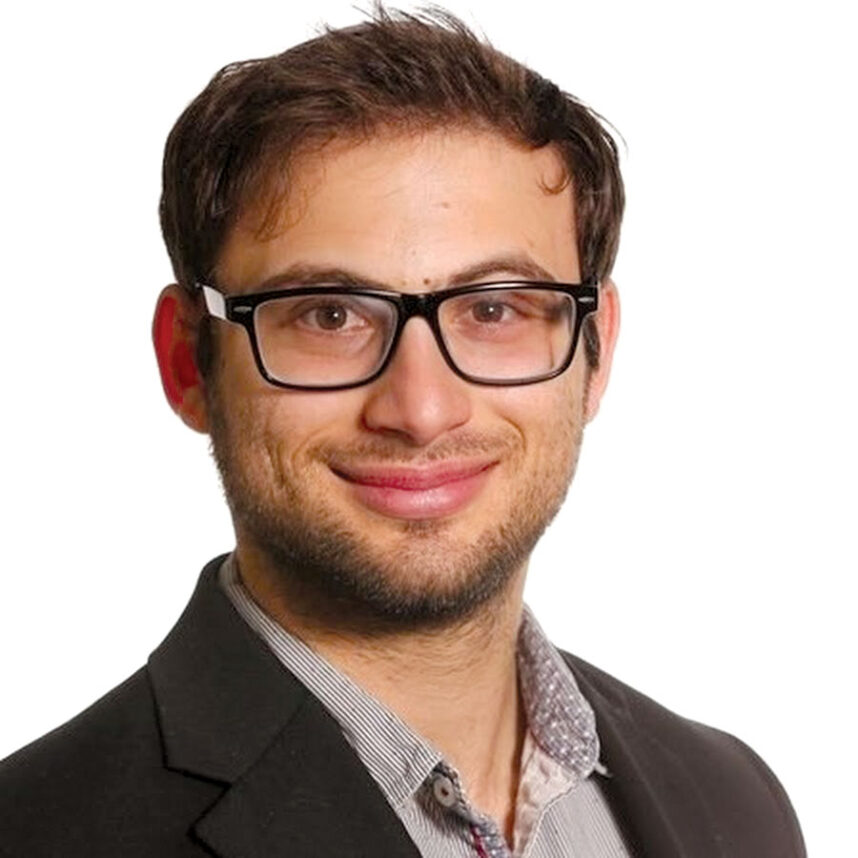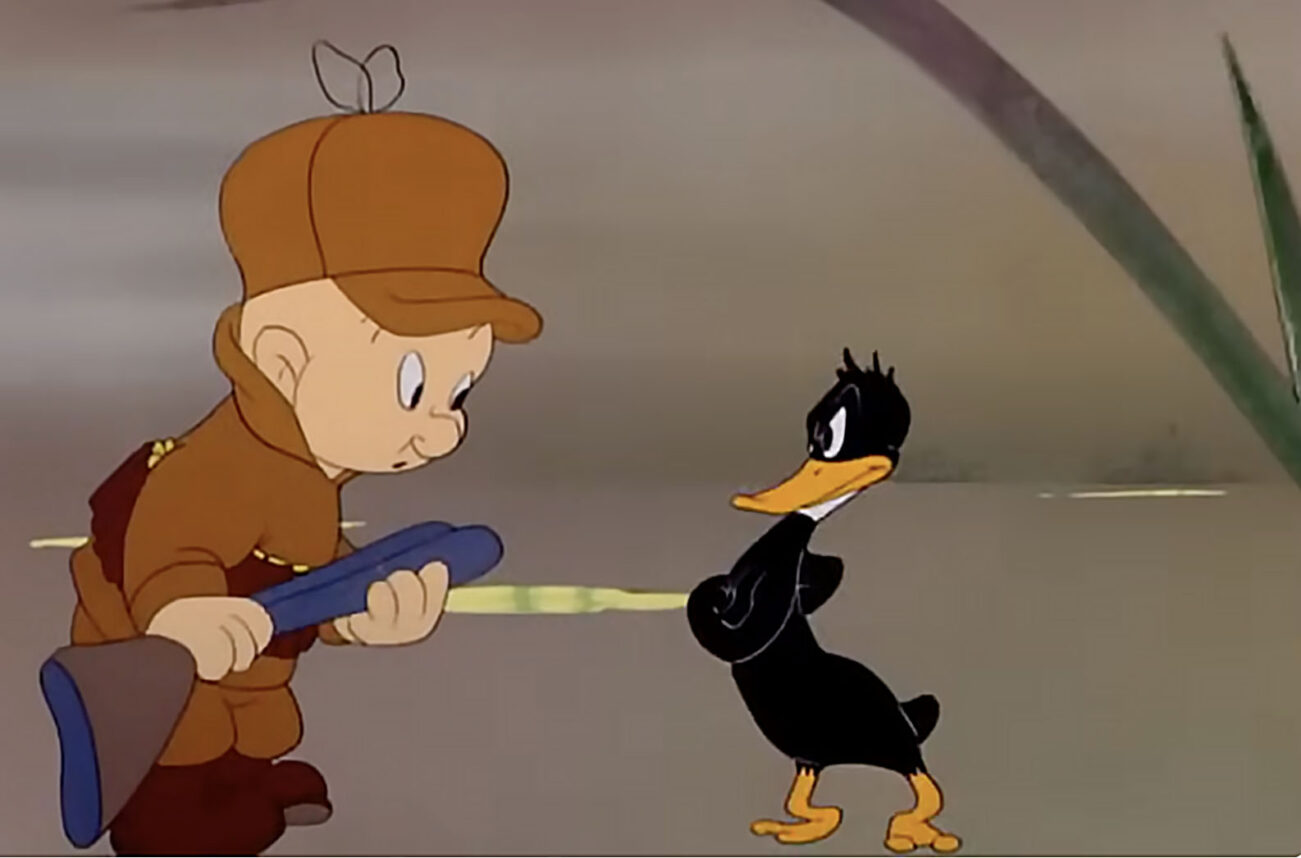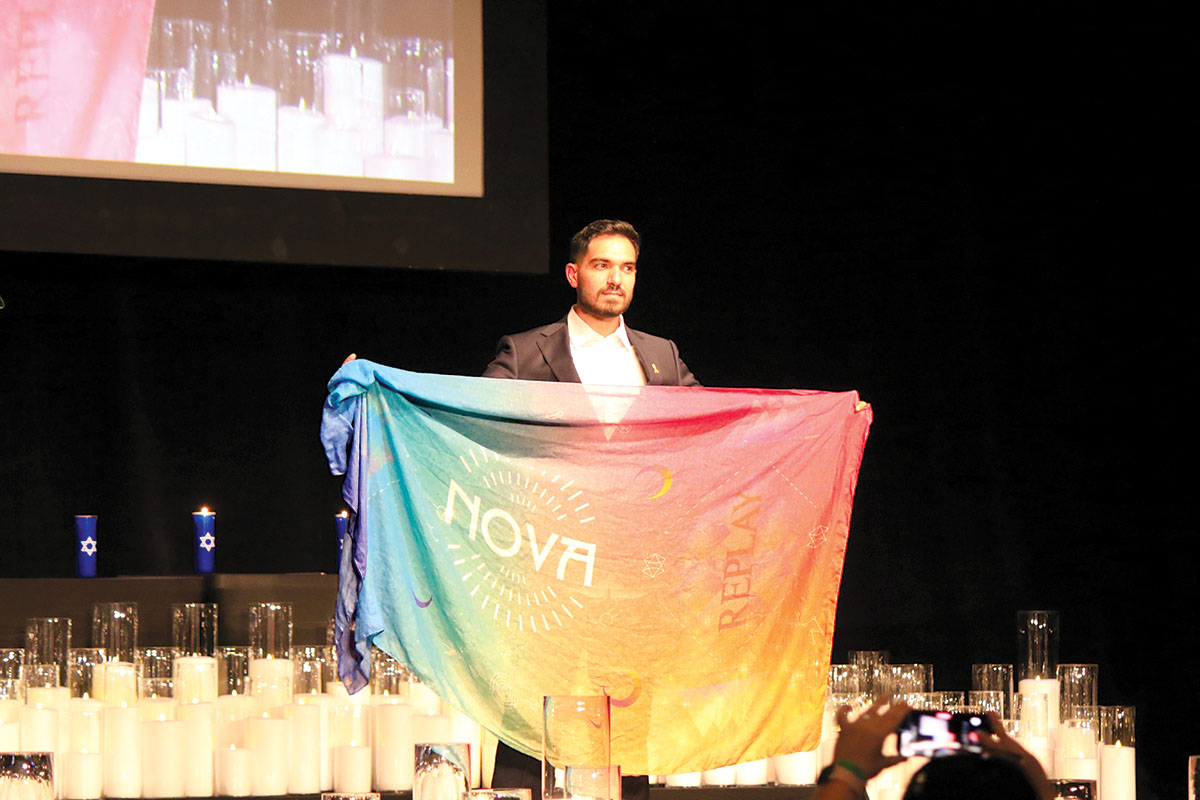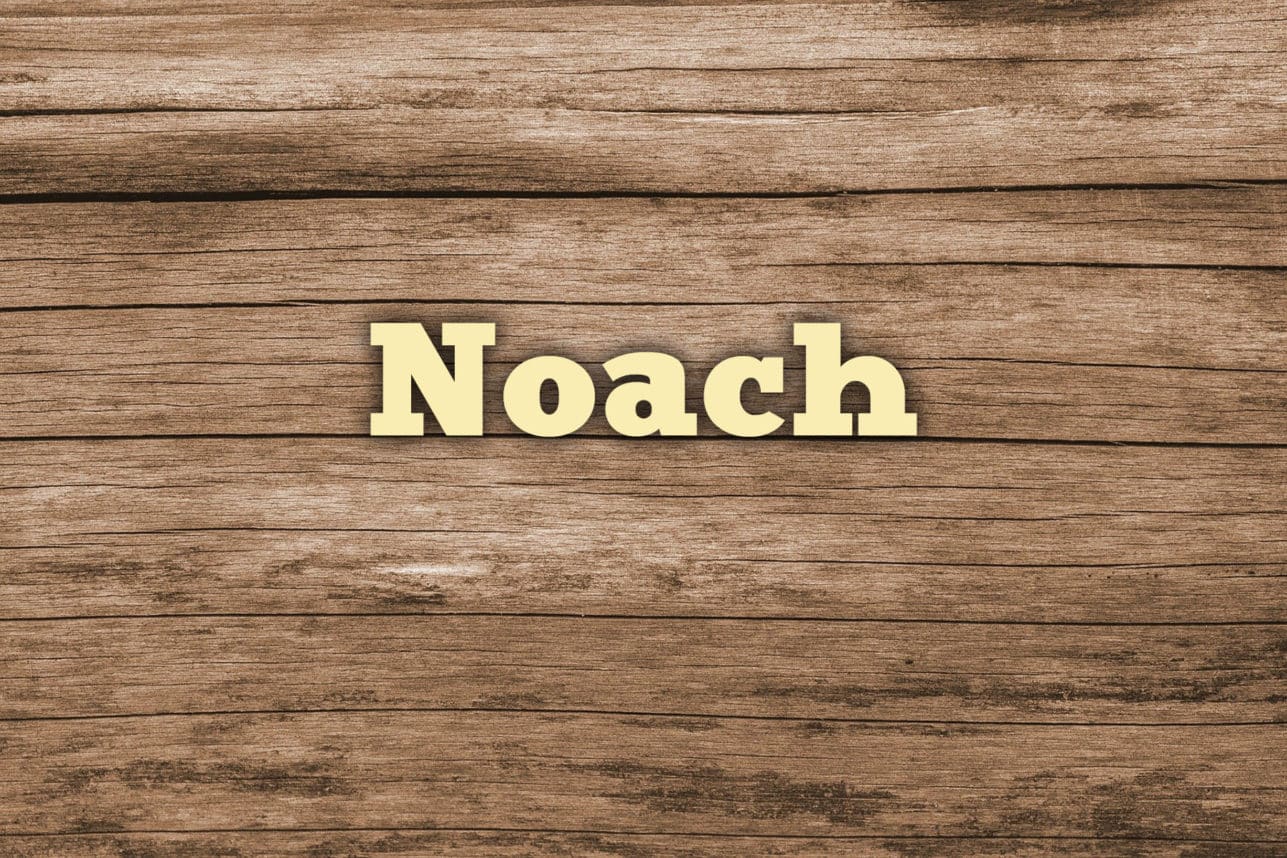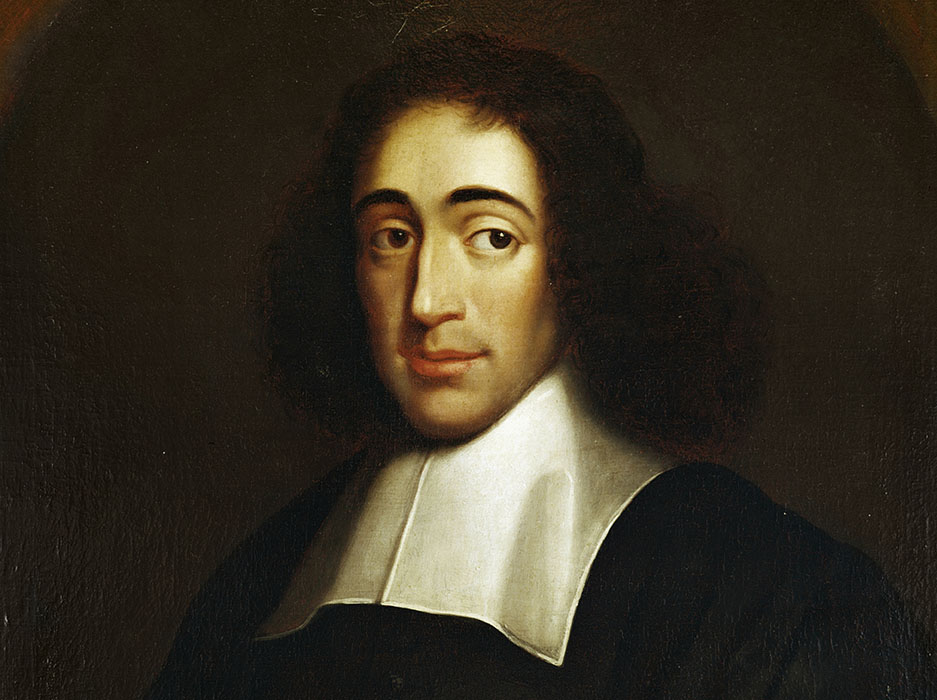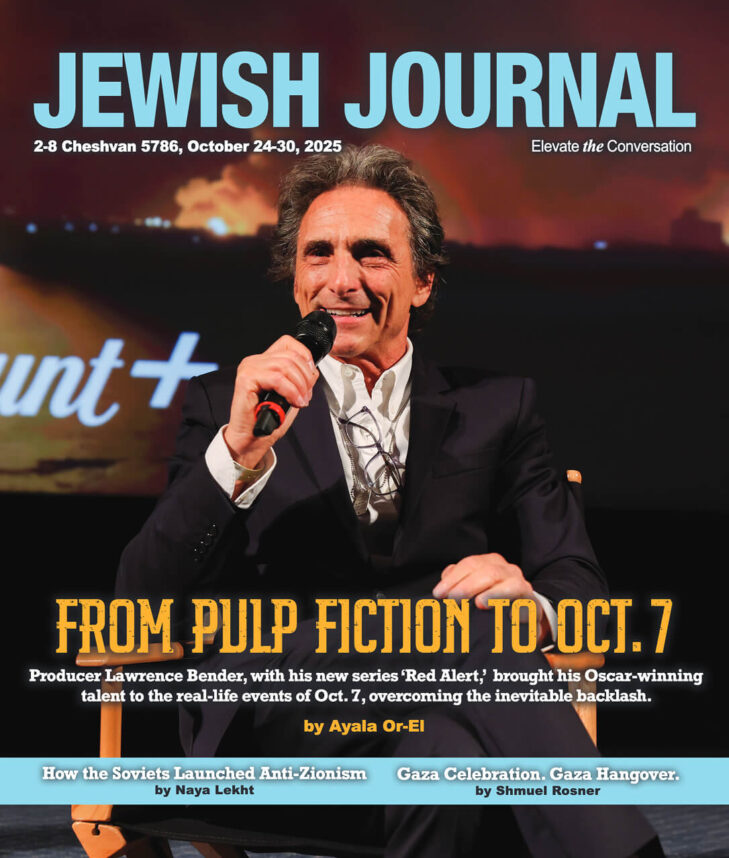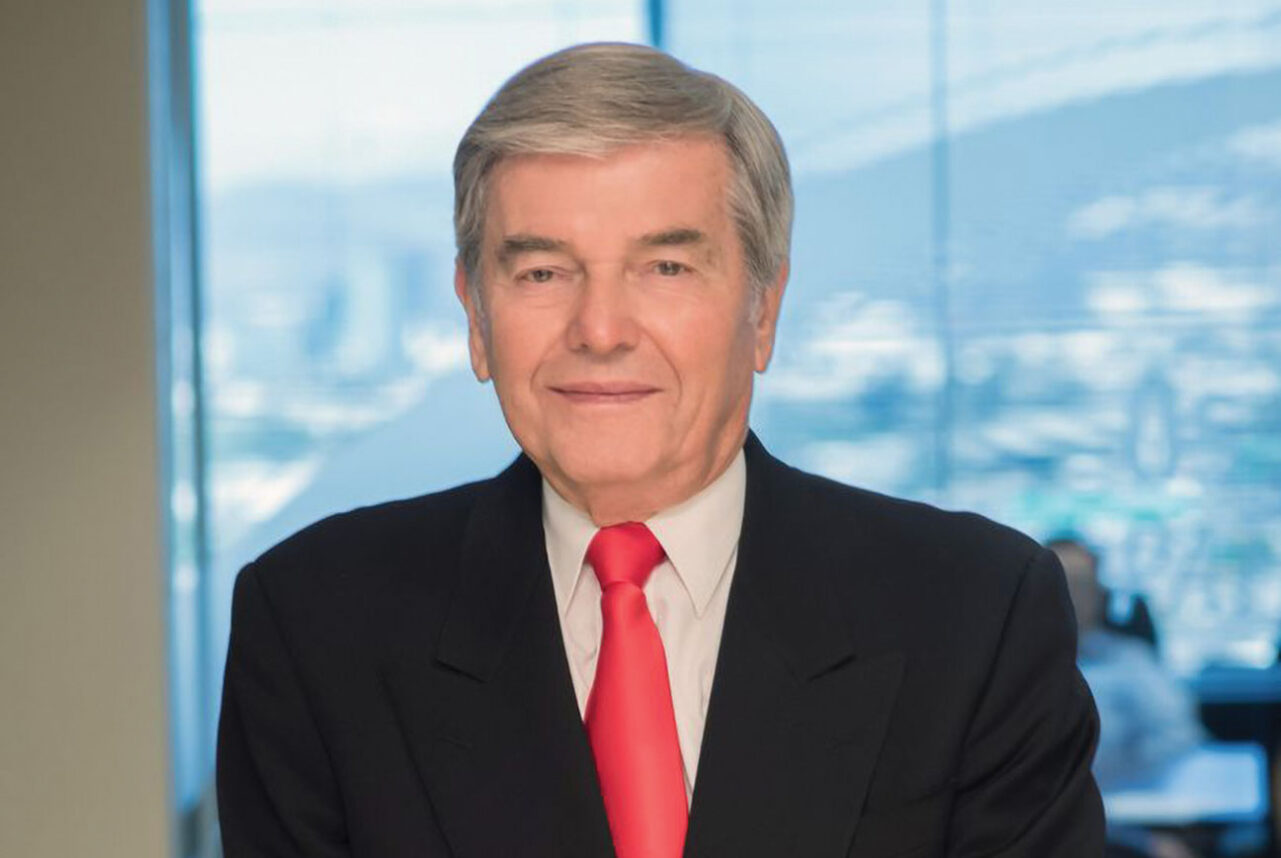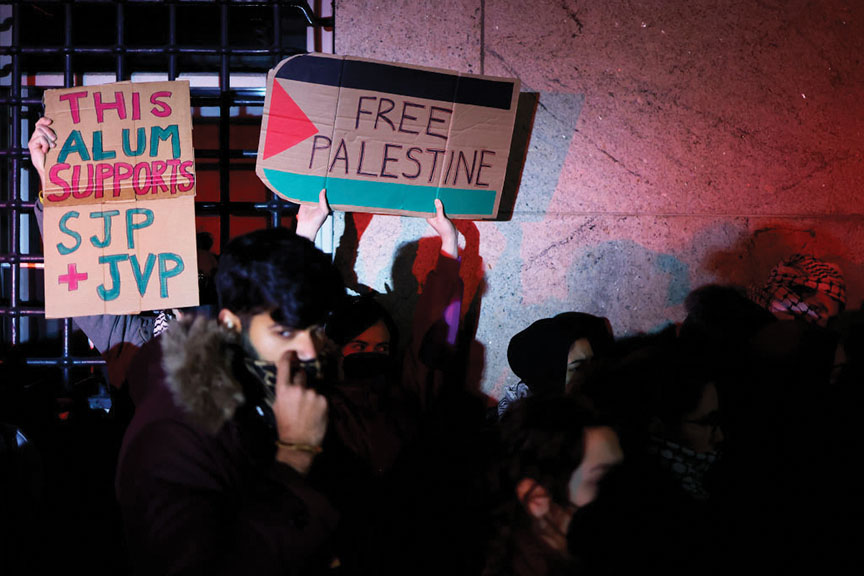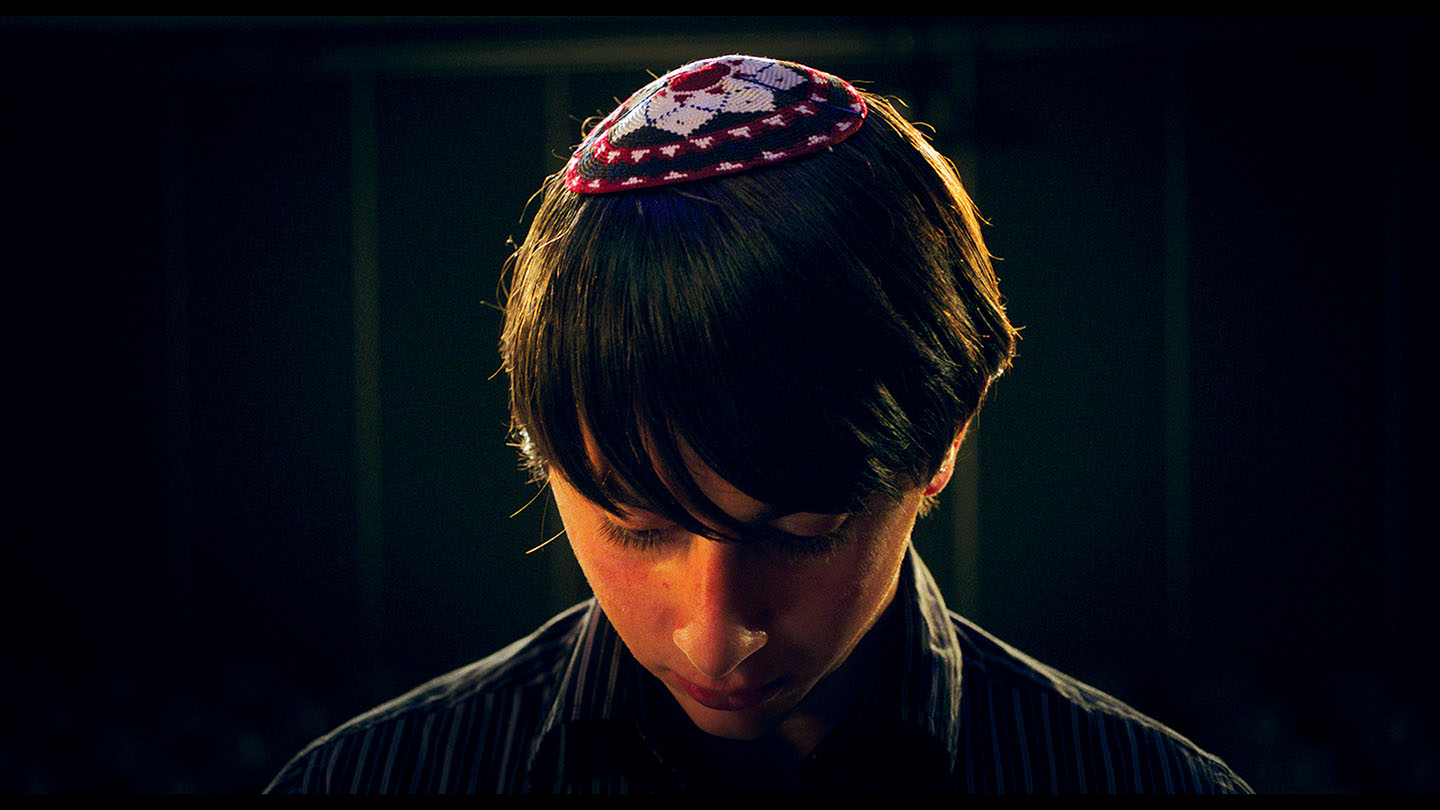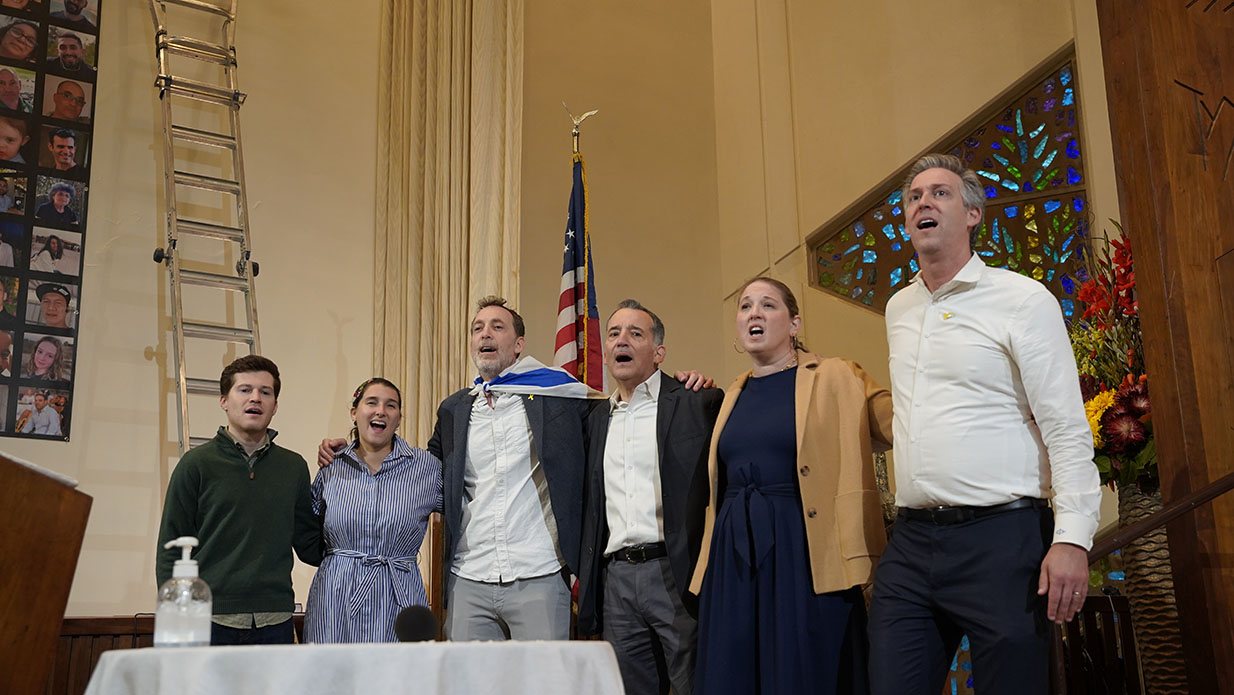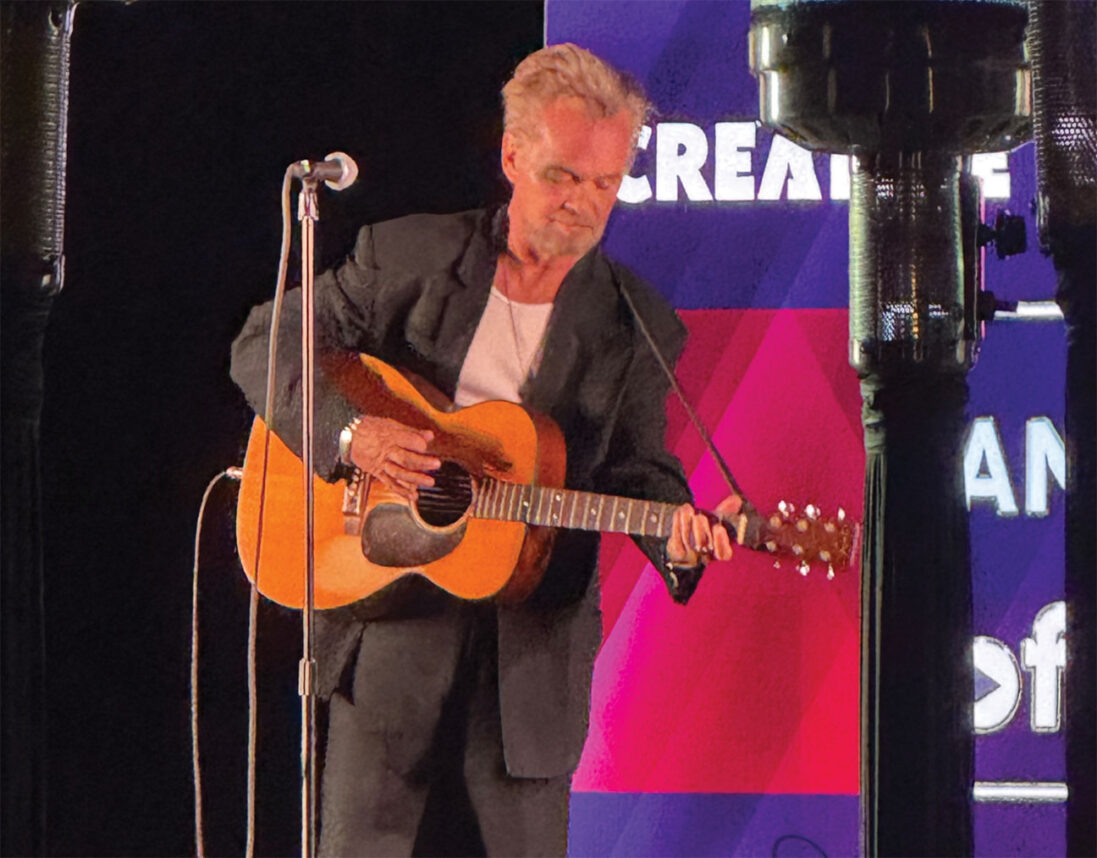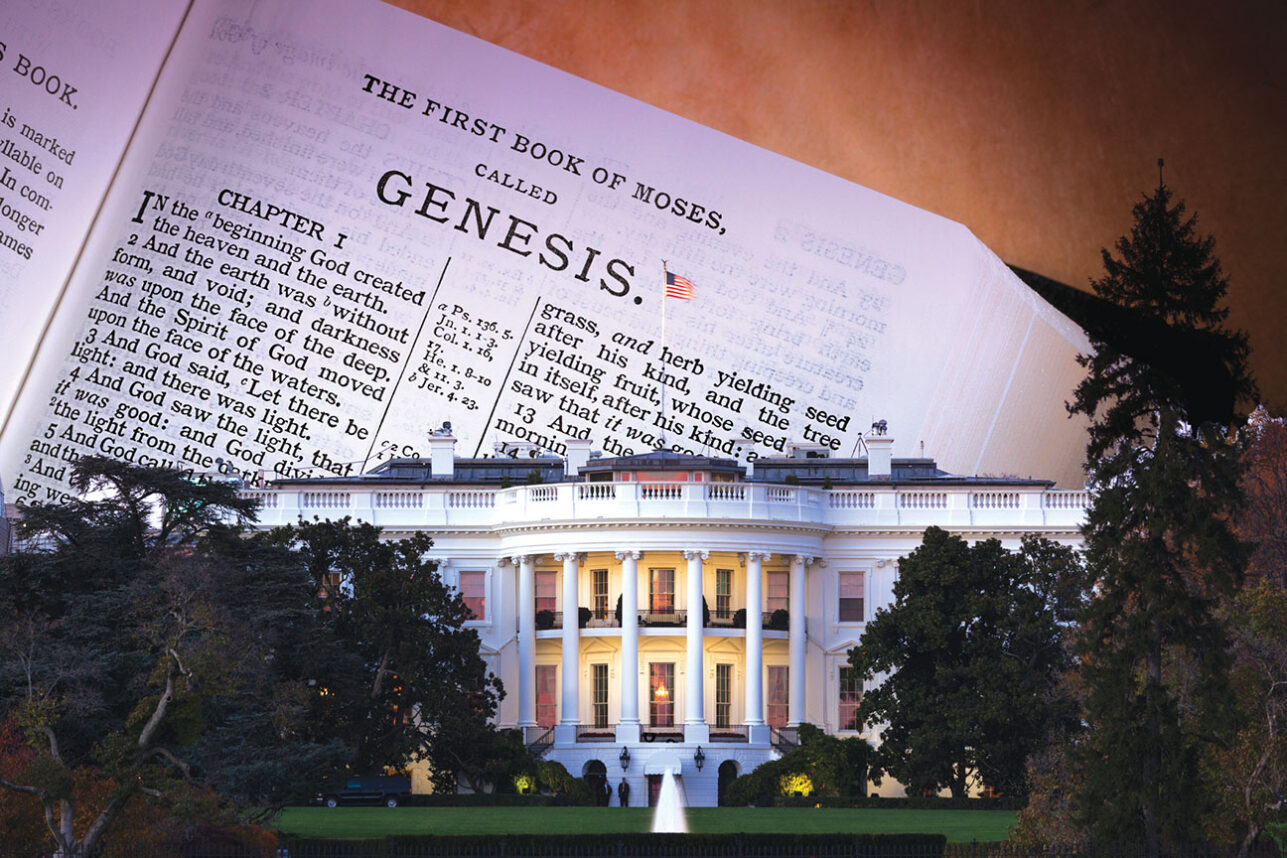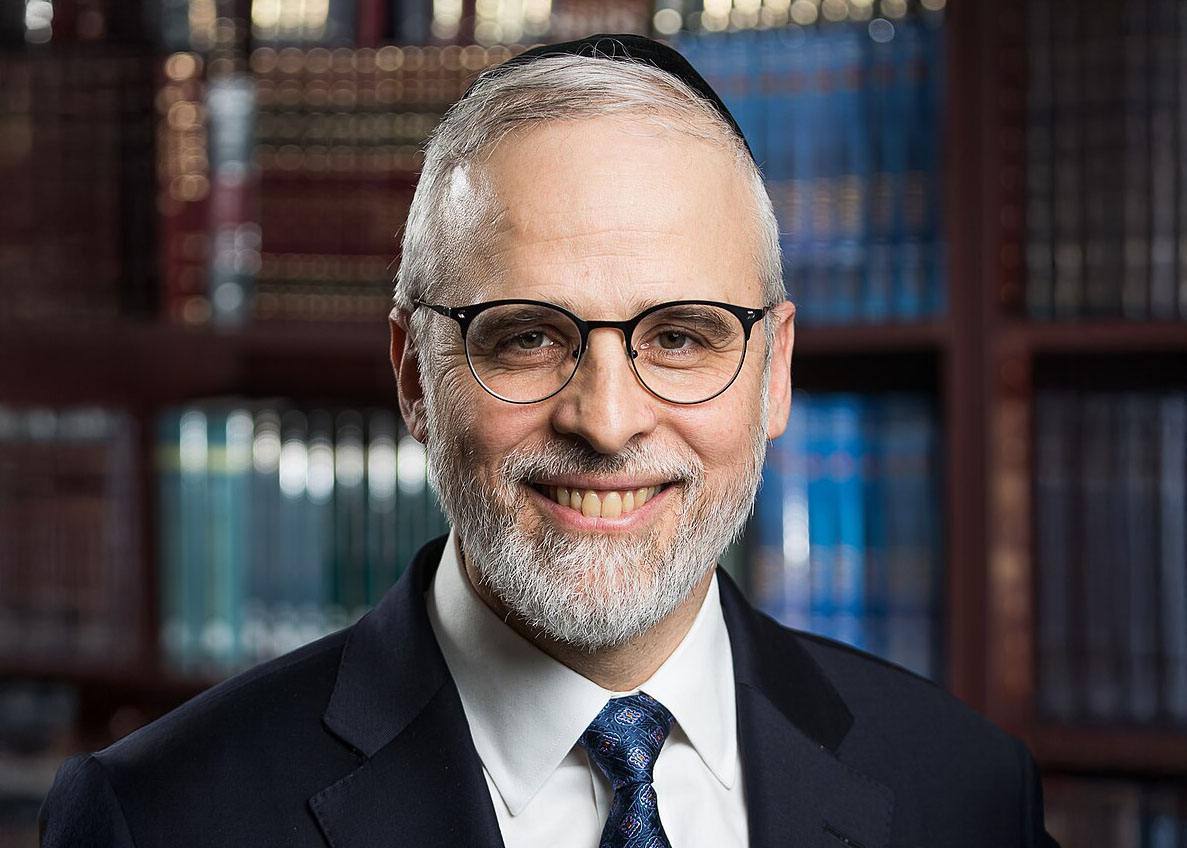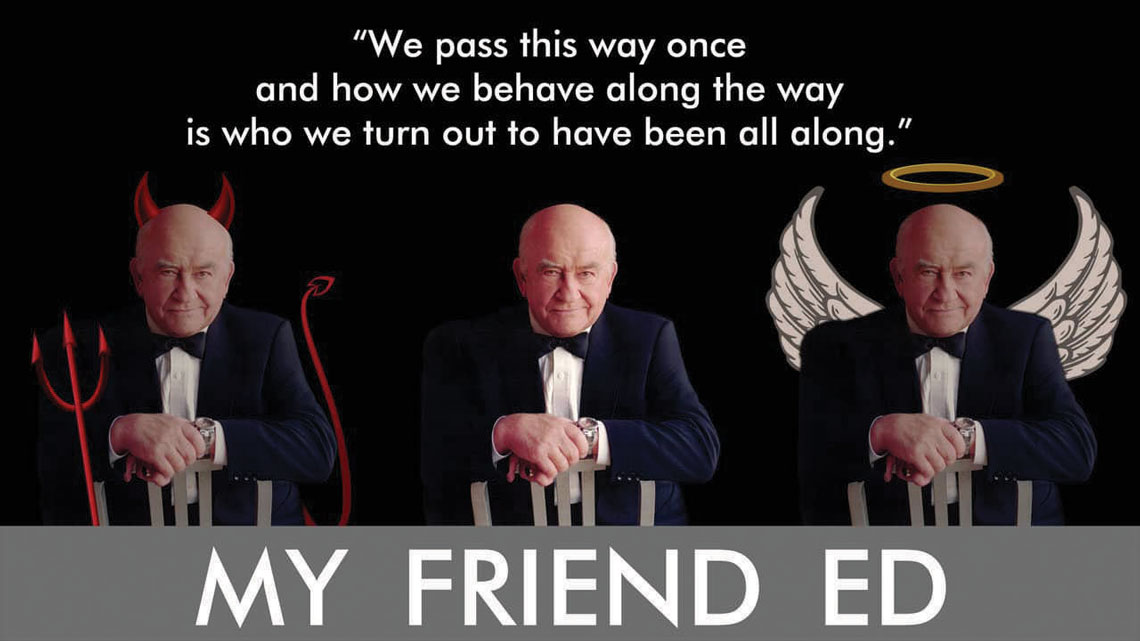
Ed Asner has enough friends.
At least that’s what the veteran actor says in the new documentary “My Friend Ed,” when an interviewer tells him his political activism isn’t winning him many pals.
Asner is beloved for playing curmudgeonly characters in film and TV, from news editor Lou Grant on “The Mary Tyler Moore Show” and its spinoff series “Lou Grant,” to Santa Claus in “Elf,” to the voice of widower Carl Fredricksen in the animated film “Up.”
But the winner of seven Emmy Awards also is known for championing a wide variety of liberal causes — some that have landed him in hot water. He’s been a labor leader and autism activist who has taken stands on everything from U.S. foreign policy to Israeli settlements.
Asner will be celebrated at the opening night of the Los Angeles Jewish Film Festival (LAJFF) on April 26 with a screening of “My Friend Ed,” which includes interviews with the likes of Elliott Gould, Paul Rudd, Valerie Harper and Betty White. It will be followed by a Q-and-A with Asner and director Sharon Baker, moderated by Rob Eshman, Jewish Journal publisher and editor-in-chief.
The film festival is a program of TRIBE Media, the parent company of the Journal.
The actor — who recently presented Survivor Mitzvah Project founder Zane Buzby with an award from the Anti-Defamation League — is being honored for his accomplishments onscreen and for his humanitarian efforts, according to LAJFF founder Hilary Helstein. She had no comment about his political views and activism.
In a phone interview with the Journal, the sharp-witted actor was true to form. When this reporter said he didn’t want to take too much of Asner’s time, Asner retorted, “Then why’d you call?”
Asner said he’s happy to be recognized for his Jewish roots at the LAJFF’s opening night.
“I certainly have had times in my life when I was younger, where I tried to keep a low profile,” he said. “I regret the times I wasn’t proud to be a Jew, but those days are way past.”
Asner was born and raised in Kansas City, Kan. His father, a Lithuanian immigrant, started a junkyard and helped found an Orthodox synagogue in Kansas City. His mother was a housekeeper. Neither of his parents, he said, were social activists.
“In those days, you worried about the Jews. You worried about making your money, feeding your kids, housing your kids, educating them if possible,” Asner says in the film.
Asner’s two brothers also were focused on business, but his two sisters were social workers.
“I saw their treatment of peddlers and of those who were less fortunate,” he said, and that influenced his desire to speak out on social justice issues.
Long before he achieved fame and success, Asner was a blue-collar worker, as a crane hooker’s assistant in a steel mill in Gary, Ind., and as an assembly line worker for General Motors and Ford. He drove a cab in Chicago, sold TV advertising over the phone and sold shoes. He even trained to be an encyclopedia salesman but said he “quit that because I was nauseated with the techniques.” His empathy for the struggles of everyday Americans stuck with him.
Asner moved to New York to pursue an acting career, where, he said, “I was fortunate to get jobs fairly quickly, so I didn’t have to scour the want ads that much.” He became a rising star on stage and screen. After six years, he moved to Los Angeles, where “The Mary Tyler Moore Show” rocketed him to stardom in the early 1970s.
Activism always was an important part of his life. “My Friend Ed” includes photographs of Asner speaking at AIDS charities, Latin-American solidarity fundraisers and union rallies, appearing alongside the likes of Fidel Castro, Jimmy Carter, Jesse Jackson and Cesar Chavez.
His labor activism earned him two terms as president of the Screen Actors Guild (SAG) from 1981 to 1985, where he lobbied for higher compensation for the bulk of actors who struggled to make a living wage. He also engaged in a public feud with former SAG president Charlton Heston, who criticized Asner’s efforts to merge SAG with the Screen Extras Guild.
Asner’s Emmy-winning show “Lou Grant” was taken off the air in 1982, despite high ratings. Asner argues that his opposition to U.S. policy in Central America, and his work with the nonprofit group Medical Aid for El Salvador, led to the show’s cancellation. Sponsors of the show, including Kimberly-Clark, Vidal Sassoon and Cadbury, withdrew their support, and Asner received death threats.
“It was truly a challenge to the freedom of the artist to express his opinion. I was being humanistic, so to speak, and people weren’t interested in hearing about humanism,” Asner told the Journal.
Asner identifies himself as a socialist and has spoken out on controversial issues. He has called for a new investigation into the 9/11 attacks, suggesting the World Trade Center may have toppled with the help of explosives placed inside the building. And he was among more than 150 theater and film professionals who signed a petition, organized by the national left-wing group Jewish Voice for Peace, backing Israeli artists refusing to perform in the settlements.
While Asner still considers himself part of the 9/11 Truth movement, he no longer has a position on the Boycott, Divestment and Sanctions campaign against Israel.
“I’m not sure where I stand now on that,” he told the Journal, “although I’m certainly not a flag waver for [Israeli Prime Minister] Bibi Netanyahu.”
Asner, who does not discuss the Jewish state in the film, criticized Netanyahu for his hostile relationship with former U.S. President Barack Obama and his campaigning against the Iran nuclear deal in his interview with the Journal.
“I think that Israel is tremendously in debt to the United States. It’s almost been a protectorate all these years,” he said. “And I think that to constantly try to sway American opinion to their way of thinking denies us an independent thought of our own, such as the Iranian solution, and I have big problems with that. Especially the manner, the insulting manner.”
Asner has visited Israel once, as a guest of the Middle East Children’s Alliance.
“The Israeli government had nothing to do with it at the time. Once I got there and they saw me going around visiting Arabs as well as Jews, they got involved and wanted me to see their version of Israel, and not some suspect version, and I did that, as well,” he said.
The Israeli government added him to a military-led trip through Nablus, he said. “I expressed no opinion. I was merely keeping an open mind.”
While in Israel, he also watched an Arab theater company’s dramatic production about Arab history.
“I met some of the actors afterward and found out that they all learned several different roles. I asked, ‘Why are you multitasking?’ They said, ‘Because we get picked up from time to time by the police and we’re held over, so we never know when that’s going to happen. And when it does happen, then somebody has to take over.’ And that’s why they learn multiple roles,” he said. “And I thought, well, that’s not that kosher, either.”
Less provocative among Asner’s causes is raising awareness of autism. He has an autistic son, Charlie, and three autistic grandsons, and he hosts a charity poker tournament to support the group Autism Speaks. His son Matt Asner is vice president of development at the Autism Society of America and started the AutFest film festival.
Before “My Friend Ed,” LAJFF — which will run April 26 through May 3 — will screen the eight-minute short film “Super Sex.” Directed by actor Matthew Modine, it’s based on a classic joke in which a pair of siblings (Kevin Nealon and Elizabeth Perkins) get their elderly father (Asner) a surprise birthday gift: a prostitute (Ruby Modine). She knocks on his door and says, “I’m here to give you super sex!” Asner responds, “I’ll take the soup.”
So at the ripe young age of 87, what does Asner still hope to achieve?
“To make more money. I hate to be so mercenary, so mundane. But I still have debts,” he said. “I want to leave my four kids an estate worth keeping. And I want to keep acting until I’m lowered in the box.”
Ed Asner will be celebrated at the opening night of the Los Angeles Jewish Film Festival on April 26 with a screening of “My Friend Ed” at the Ahrya Fine Arts Theater in Beverly Hills. Tickets are $36. More information is at lajfilmfest.org.








